Music in Cincinnati
Ariel Quartet Bows In at CCM
Tuesday night's debut of the Ariel String Quartet at the University of Cincinnati College-Conservatory of Music was a joke -- two jokes, in fact, one by Haydn, one by Beethoven. Specifically, Haydn's Quartet in E-flat Major, Op. 33, No. 2, subtitled "The Joke," and Beethoven's Op. 135 in F Major, wherein the composer implanted words falsely suggesting the deepest gravity.
Balancing them -- and in memory of 9/11 (the date on which the concert fell) -- was Benjamin Britten's Quartet No. 2 in C Major, written in the wake of World War II.
The Ariel Quartet is CCM's new string-quartet-in-residence. Despite "resident" string quartets over the years, such as the Tokyo String Quartet, Ariel is the first ensemble to actually live in Cincinnati since the storied LaSalle Quartet, which disbanded in 1988. The four players, each just 28-years-old, were welcomed in a sellout concert in CCM's Werner Recital Hall. That it was sold out is good news (the bad news is that Werner Hall only holds 280 people).
The Quartet comes to CCM from Israel via the New England Conservatory of Music, where they were resident ensemble in NEC's Professional String Quartet Training Program. A group of Cincinnati philanthropists provided funding for their initial three-year residency at CCM.
Violinists Gershon Gerchikov and Alexandra Kazovsky, violist Jan Gruning and cellist Amit Even-Tov play with energy, consummate technique and an esprit de corps that bodes exceedingly well for CCM and the community. They opened with a surprise, taking their seats and performing Haydn's Op. 33, No. 2 completely from memory. The first movement was a bit ragged, perhaps due to the excitement of the moment, but the tension dissipated in the charming Scherzo (itself meaning joke) and the amiable Largo that followed. The Presto finale was just that, swift as the wind and setting up the joke for which Haydn's Quartet is named. Near the end the quartet skidded to a halt with a slow, serious episode followed by a pair of starts and stops and a quick, almost confidential ending. And yes, the audience laughed.
Violist Gruning introduced Britten's Quartet -- a most welcome instance, since there were no program notes and Britten's Quartets are not well known to most audiences. The work was commissioned in honor of the 250th anniversary of composer Henry Purcell's death and completed in 1945 after Britten and violinist Yehudi Menuhin returned from a tour of Europe, during which they performed for concentration camp victims and witnessed the war's devastation firsthand. The Ariel players dug into it fearlessly, posing questions without answers in the opening Allegro, which ended in a soft whimper.
The savage Vivace-- even more savage for the instruments being muted -- was rendered with pinpoint accuracy and and precise dynamics, falling off suddenly at the end. Britten, who revered Purcell, paid special tribute to him in the finale, a nearly 20-minute-long "Chacony" (Old English for chaconne, a baroque form of theme and variations). The 21 variations, arranged into four sections with cadenzas for cello, viola and violin, ran the gamut from lush, even tender, to agonizingly wrenching. The Ariel members displayed a level of emotional and physical concentration here that was truly extraordinary.
Beethoven's Op. 135 is the last of his 16 quartets and one of the last pieces of music he wrote. Still, there is no brooding or sense of farewell here. It is downright cheerful instead, with a short, fleet-footed Vivace and a tranquil Lento, all exquisitely played. Going into the final movement, Beethoven inscribed "Muss es sein?" ("Must it be?") and "Es muss sein!" ("It must be!") over the lines played by the quartet. Philosophical ruminations? Despite hints to that effect to his publisher, Beethoven meant it as a joke about payment of a debt by a friend. You can hear laughter in the quartet's jubilant answer ("Muss es sein!") and the joyful, unbuttoned tone of the finale.
Responding to the crowd's enthusiastic ovation, the musicians offered a "little treat," said violinist Gerchikov, "Most Heart" (translation: "Mozart"), the Minuetto from Mozart's Quartet in D Major, K. 575.
The Ariel Quartet will perform three more concerts this season, December 4, Jan. 15 and April 9, all at 8 p.m. in Werner Recital Hall at CCM. Information at ccm.uc.edu
by MARY ELLYN HUTTON
